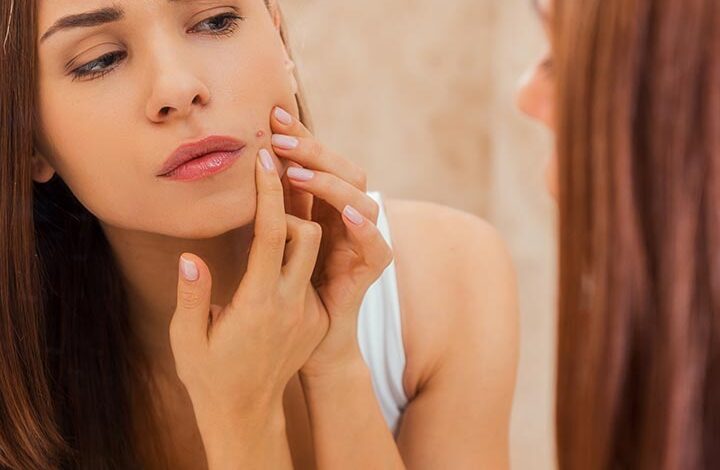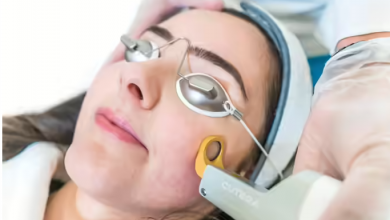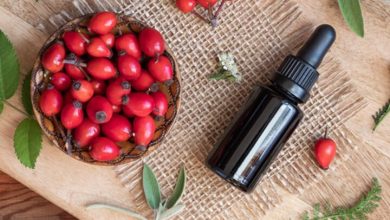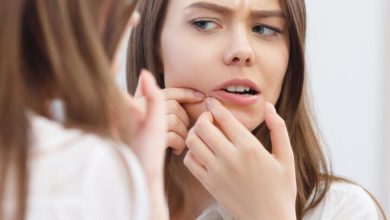Acne
Is Lemon Juice Good for Zits and Zit Scars?

Lemon juice is often touted as a natural remedy for skin issues, including zits and acne scars, due to its high antioxidant and vitamin C content. While many people swear by its efficacy, it’s important to consider both its potential benefits and risks. Here’s a comprehensive look at using lemon juice for zits and scars.

How Lemon Juice Works
- Antioxidant Properties: Lemon juice is rich in antioxidants that help combat free radicals, potentially reducing inflammation and promoting healthier skin.
- Vitamin C: This vitamin is crucial for collagen production, which can improve skin texture and help fade scars.
- Antimicrobial Effects: Lemon juice has natural antiseptic and antibacterial properties, which may help reduce the bacteria associated with acne.
- Skin Brightening: Its mild bleaching effect can help lighten hyperpigmentation and acne scars over time.
How to Apply Lemon Juice for Zits and Scars
1. Lemon Juice and Water
- Ingredients:
- 1 tablespoon lemon juice
- 1 tablespoon water
- Method:
- Mix lemon juice and water.
- Apply with a cotton pad to the affected areas.
- Let it sit for 15-20 minutes, then rinse.
- Frequency: Once a day or every other day.

2. Lemon Juice and Vaseline
- Ingredients:
- Juice of ½ lemon
- 1 teaspoon Vaseline
- Method:
- Mix lemon juice and Vaseline into a paste.
- Apply to the face for 15-20 minutes.
- Rinse with a gentle cleanser.
- Frequency: Once a week.

Precautions When Using Lemon Juice
- Dilution: Always dilute lemon juice to minimize irritation.
- Patch Test: Test on a small area of skin first to check for adverse reactions.
- Sun Sensitivity: Lemon juice can increase skin sensitivity to sunlight, so it’s important to wear sunscreen afterward.
- Moisturize: Use a non-comedogenic moisturizer after application to prevent dryness.
Potential Side Effects
- Irritation: Lemon juice can cause dryness, stinging, or burning sensations.
- Photosensitivity: Increased sensitivity to sunlight can lead to discoloration.
- Killing Good Bacteria: Overuse can disrupt the skin’s natural microbiome.
Key Takeaways
- Effectiveness: While anecdotal evidence suggests lemon juice may help reduce zits and scars, scientific research is limited. Always consult a dermatologist before trying new treatments.
- Moderation: Use lemon juice sparingly to avoid skin irritation and negative reactions.
- Combination Treatments: Consider using lemon juice in conjunction with other treatments recommended by your dermatologist for better results.

Frequently Asked Questions
- How long does it take for acne scars to fade with lemon juice?
- Pigmentation from zits may lighten within 7 to 10 days, but deeper scars can take months to fade.
- Can I use lemon juice daily?
- It’s best to use lemon juice once a day or every other day to avoid excessive drying.
- What happens if I leave lemon juice on overnight?
- Leaving lemon juice on the skin too long can lead to increased sensitivity, dryness, and irritation.
Conclusion
Lemon juice can be a beneficial natural remedy for zits and scars, thanks to its antioxidant and antibacterial properties. However, it’s essential to use it cautiously and in moderation to avoid potential side effects. Always consider consulting a dermatologist for tailored advice and treatment options.






